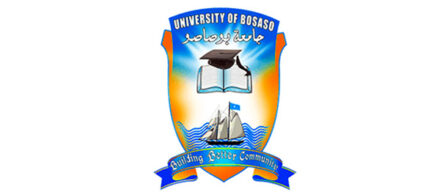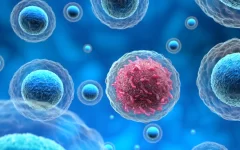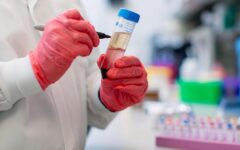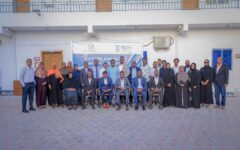SOMALIA ELECTIONS AND ITS ROLE IN DEVELOPMENT
December 8, 2023 2023-12-08 15:31SOMALIA ELECTIONS AND ITS ROLE IN DEVELOPMENT
Abstract
Elections
The year 2021, being the election year of Somalia, is critical for its quest for nation-building, peace, and stability. For the better part of it, the country has worked on unveiling the election plans that are expected to be completed before the year ends. The elections will be governed by an agreement between the Federal Government of Somalia (FGS) and the Federal Member States (FMS) that allows for a clan-based delegate voting model.
The role of the next government and president is crucial for the development and democracy of the country, especially at security levels. This will translate in the reconstruction process as well as stability within the horn of Africa (Otieno, 2020).
Elections
The year 2021, being the election year of Somalia, is critical for its quest for nation-building, peace, and stability. For the better part of it, the country has worked on unveiling the election plans that are expected to be completed before the year ends. The elections will be governed by an agreement between the Federal Government of Somalia (FGS) and the Federal Member States (FMS) that allows for a clan-based delegate voting model.
The role of the next government and president is crucial for the development and democracy of the country, especially at security levels. This will translate into the reconstruction process as well as stability within the horn of Africa (Otieno, 2020).
Elections and Development?
Economic Development
Rebuilding of an economy is continuous, sustaining the growth is what requires working systems and policies, no matter which changes of government. Somalia continues to develop herself economically and in governance, despite the circumstantial challenges. There have been noted to be ongoing reforms such as being granted debt relief that has allowed them to acquire international community reengagement. The country has been able to reduce its external debt by 78 percent as of March 2020 (World Bank, 2021). Despite this economic transition, the political settlement and other key challenges especially in their climatic area, threaten the recovery progress.
Policy Documents
The most pressing needs of Somalia as a country are security and political stability which require proper working systems and policies governed by a working constitution. Despite these needs, it is important to note that Somalia’s current constitution, the 2011 Provisional Constitution, is yet to allow for proper working policies for development. There is, therefore, a need to develop a new constitution that will address nation-building through working policies.
Insecurity and Nation Building Deficits
Somalia continues to be convulsed with tensions between FGS and FMS as concerns control of states. This created battles that have increased insecurities and allowed for an increase in al Shabab attacks. It has been noted that under the previous government, al Shabab attacks were noted to have increased, especially within the last two years. Al Shabab has gone further to reclaim regions in the Lower Shebelle (Otieno, 2020). This kind of insecurity is considered a threat to the nation’s growth and current progress.
Conclusion
Despite these challenges, Somalia continues to be committed to institutional reforms and engagements that create opportunities for rebuilding human capital and economic growth. It is important to note that Somalia’s private sector is a major source of suppleness, innovation, and relations in the Horn of Africa and the Red Sea regions. They create potential opportunities for Somalia as a country to benefit from trade and regional interaction bloc activities. Reference
Joel O. Otieno, O.J (2020): Somalia: Why Upcoming Elections Are Critical for the Country and Horn of Africa. HORN Institute. November 6th 2020.
World Bank (2021): Somalia at a Glance. August 30th 2021






